Superman
There’s almost an echo back to those character defining events, a psychological structure forms out of those cooking chambers and leaves behind scars that become reference points for your state of being.
What forces are at play and how are they to be managed – lessons learned no doubt. But a shame too. That would never go away really. A sadness perhaps. A dark friend that never left really.
Society judges us, does it not? But that’s simply influential people comparing us to some sort of character frame of reference (hero), an ideal, to which we ultimately do not stand up to (by definition).
This is where the cultural mythos comes in, defining not just the stories – the heroes and villains – but the attributes of the overman.. the ubermensch. We need to look at this idea more but we may be on to something here…
Superman, German Übermensch, in philosophy, the superior man, who justifies the existence of the human race. “Superman” is a term significantly used by Friedrich Nietzsche, particularly in Also sprach Zarathustra (1883–85), although it had been employed by J.W. von Goethe and others. This superior man would not be a product of long evolution; rather, he would emerge when any man with superior potential completely masters himself and strikes off conventional Christian “herd morality” to create his own values, which are completely rooted in life on this earth. Nietzsche was not forecasting the brutal superman of the German Nazis, for his goal was a “Caesar with Christ’s soul.” George Bernard Shaw popularized the term “superman” in his play Man and Superman (1903).[1]
These are gods are they not? What was Shiva? Or Achilles? Or Lao-Tzu? The Buddha? They have been around for millennia have they not? Avatars they call them in the Indian tradition.
Christ was certainly one.
They are personalities so big, that they usher in a change, a movement, from an old structure or paradigm, to a new one.
You can see that for example with Greta Thunberg, the face of climate change / save the plenty people (I am one of them). She doesn’t intend to be the source of the storm but she is, she channels it in a way.
Black Lives Matter in the US as well, a movement driven (sadly) by the death of people – George Floyd for example. A catalyst for change but not the way you would think. Christ falls into a similar category.
These avatars (our ubermensch) take on new significance with the death of God? Yes. Maybe but they were around before God anyhow so… prehistory is littered with examples of this type of thinking – civilizations resting on the deeds of great men, Prometheus bound and all… Is this ubermensch nothing more (and nothing less) than the reflection of our greatest self? The glory of the divine within? Is this not Christ? Reborn without the Father?
And where did this idea of redemption come from anyhow? Hell itself perhaps – two opposing primal forces jockeying for higher seats at the philosophical table since the very dawn of history itself.
More like a reflection of that which we see is right and true, comes from within but constructed upon ideals that are built from – cultural mythos, our gods and avatars.
That connection to the system we are plugged into, a constant theme throughout – we think of Neo, stuck in the matrix, and we think of the AI that took over the planet and is harvesting human life, but you don’t think about the intellectual structures in the matrix itself that allow for it to persist, to survive.
The running programs yes, but the programs are doing much more than just seeking out and killing adversaries, outsiders.
They are building the dream world that keeps the human consciousness engaged enough, coherent enough, for them to be blind to the truth.
Plato’s cave after all right?
[1] https://www.britannica.com/topic/superman-philosophy

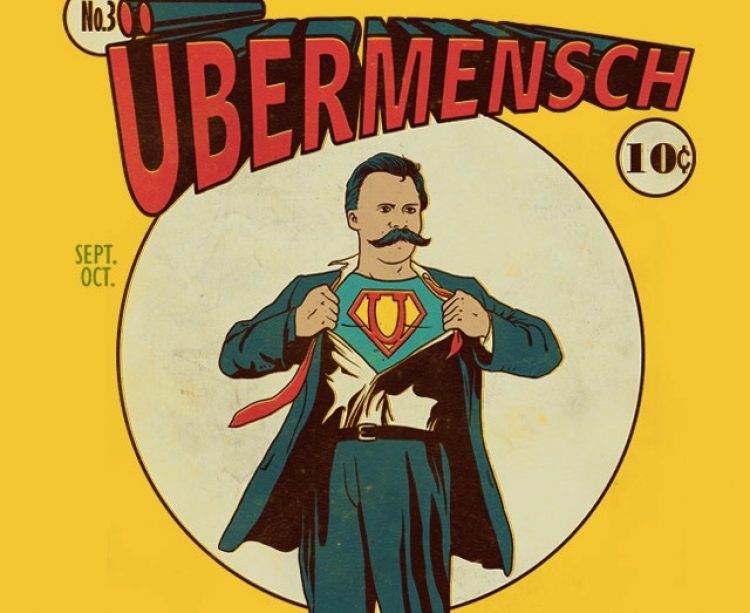
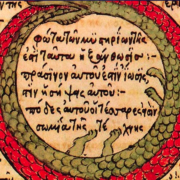
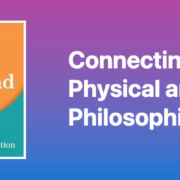

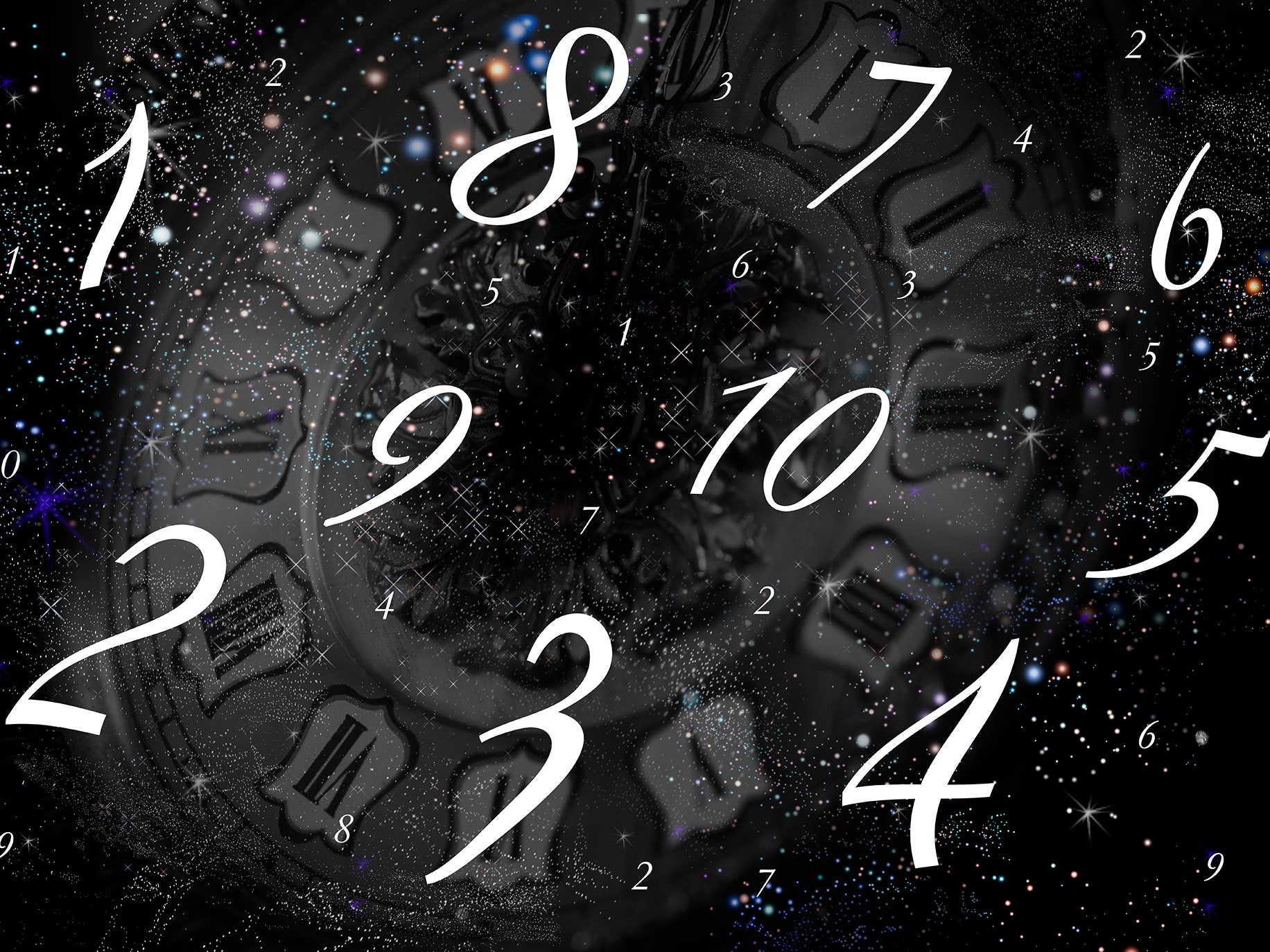
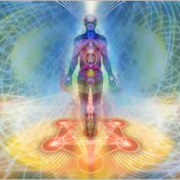
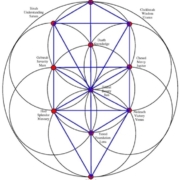
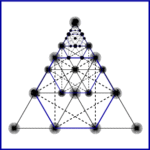

domination or what do-men-in-a-nation actually do? Bojan Radej is interested in how you think, look him up (and down), I think it’s time for you both to talk. this is his email sdeval@siol.net
I’ll take a look thx!
and otto@interdevelopmentals.org
who I may have mentioned before but Otto studied, years ago, with Theodore Adorno, who’s amorphisms in Minima Moralia desperately need a reply.